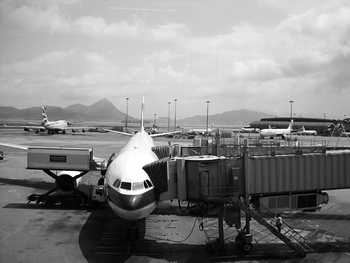On March 15, 2016 the U.S. Treasury and Commerce departments announced that new regulations effective March 16 would empower Cubans and expand their economic engagement with the U.S. business sector. The new regulations allow Cuban citizens to open accounts with U.S. banks and have access to U.S. dollars (USD) from their home country. Further, Cuban nationals with non-immigrant visas for travel to the United States will have the legal ability to earn money in USD while in the U.S.
Agriculture & health care
There are some additional ramifications to these new regulations, in both the agricultural and medical area. The new rules have loosened the exportation of both farming and medical supplies.
Changes in sports contracts
The new regulations impact on sports is also anticipated to be large. It is a move in the direction of allowing major league teams in the US to be able to sign Cuba players directly without them having to first defect. Many feel that the interpretation of this law will eventually allow pro teams to negotiate contracts with Cuba players at any time. The contracts will possibly not have to include any direct payments to the Cuban government.
Currently, State Department clearance is required before a signing, and the work around was to establish residency in a third party country. This process was complicated by legalities, and generally had a long timeline. The specifics are still in flux, but the movement is in the direction of simplifying and expediting the path for teams to offer professional sport contracts to athletes from Cuba.
Cuban travel, business & the economy
For the general public, travel between the two countries is getting much easier. Americans can now plan trips to Cuba without having to be part of a third party group, providing they show it is for cultural and educational reasons, or for other purposes providing the reason fits into one of the other officially authorized categories.

In the world economic arena, the elimination of numerous US dollar use restrictions will benefit trade and allow the Cuban economy to become more global. Along with reduced restrictions on exports to Cuba enacted in January 2016, the intent of the new banking and travel regulations may be to open up trade, help the Cuban people, and encourage U.S. businesses to engage in commerce and investment there.
However, there are still challenges in that area because the Cuban government does not allow purely private business ventures and demands 51% controlling interest in all businesses. Additionally, the government does not allow Cubans to keep the money they earn, while it keeps wages extremely low and import goods prices high, and heavily taxes the few small businesses allowed to operate in some sectors. But the door has now been open to provide current change, and most likely facilitate future negotiations that will positively impact both countries moving forward.



